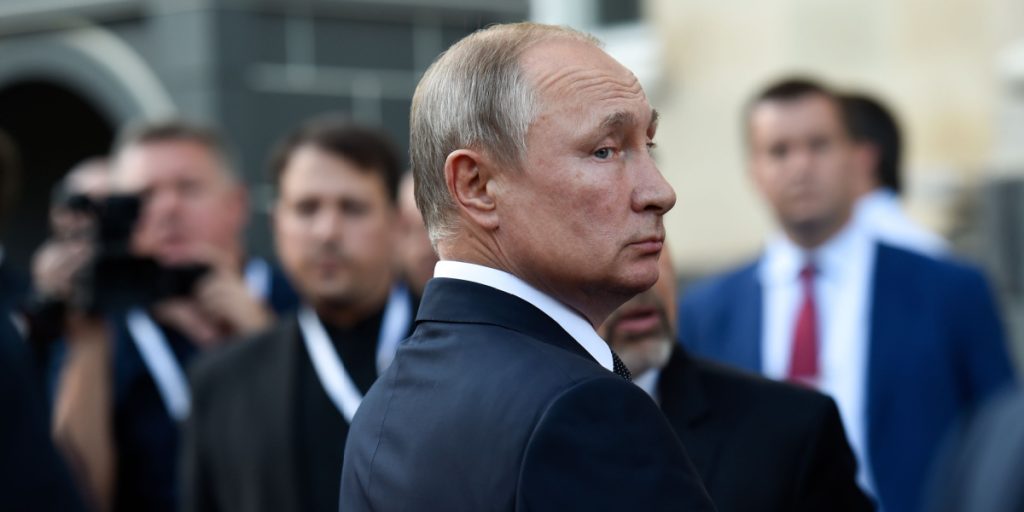Ending the war outright may not serve his interests.
Others are reading now
Global conflicts have shaped the course of history for centuries.
Some wars end with clear winners and losers, while others drag on, shifting into new forms of struggle.
The Cold War between the United States and the Soviet Union lasted for decades without direct battles between the two powers.
Instead, it played out through proxy wars, political maneuvering, and an ongoing battle for influence.
Also read
That era ended with the collapse of the Soviet Union, but tensions between Russia and the West never fully disappeared.
Today, as the war in Ukraine continues, Vladimir Putin appears to be steering the conflict in a direction that resembles the Cold War more than a conventional war.
The Goal is Not Concluding the War
Three years after launching what he called a “special military operation” in Ukraine, Putin faces a difficult situation.
His military campaign has been costly, both economically and diplomatically.
Yet ending the war outright may not serve his interests. Instead of seeking peace, Russia is shifting its strategy.
The goal is not to conclude the war but to turn it into a prolonged confrontation, keeping tensions high while avoiding outright defeat, according to Digi24.
Despite military successes in some areas, Russia has suffered losses in influence. Once-loyal allies have distanced themselves.
Armenia, a longtime Russian partner, has moved closer to the West after Moscow failed to intervene in the Nagorno-Karabakh conflict.
In Syria, Islamic militants have pushed Russian-backed forces into retreat, weakening Moscow’s presence in the region.
Even within territories where Russia once held control, like Abkhazia, resistance to Kremlin-backed agreements is growing.
At home, Putin has tightened his grip on power.
The economy has been restructured to support the war effort, putting pressure on businesses and industries not linked to military production.
Russian society is increasingly divided between those who support the government’s war policies and those who fear repression for speaking out.
Security concerns dominate daily life, with people worried about drone attacks or government crackdowns.


